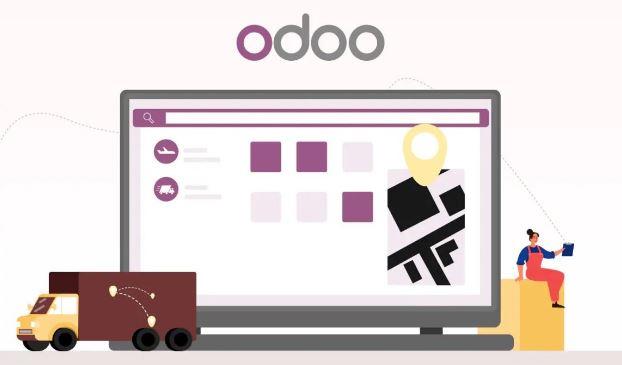Key Features to Leverage During Your Odoo ERP Implementation
Implementing an ERP system is a transformative step for any business, and choosing the right platform is crucial. Odoo ERP stands out as a powerful, comprehensive solution that can streamline operations and enhance productivity. To maximize the benefits of your Odoo ERP Implementation, it’s essential to leverage its key features effectively. This article explores the features that can significantly impact the success of your implementation.
1. Modular Architecture
One of the standout features of Odoo ERP is its modular architecture. This allows businesses to implement only the modules they need, ensuring a tailored fit for their specific requirements. During your Odoo ERP Implementation, you can start with the core modules like Sales, Inventory, and Accounting, and then add more specialized modules as your business grows. This flexibility helps in managing costs and reduces the complexity of the implementation process.
2. User-Friendly Interface
A significant advantage of Odoo ERP is its intuitive, user-friendly interface. This feature simplifies the adoption process across your organization. Employees can quickly learn how to navigate the system, reducing training time and improving productivity. Ensuring that your team is comfortable with the interface is a critical step in a successful Odoo ERP Implementation.
3. Customization and Scalability
Odoo ERP offers extensive customization options, allowing businesses to tailor the system to their unique needs. From custom fields and workflows to tailored reports and dashboards, the ability to customize ensures that the ERP system aligns perfectly with your business processes. Moreover, as your business grows, Odoo scales seamlessly, accommodating increased data and additional users without compromising performance.
4. Integrated E-commerce and Website Builder
For businesses with an online presence, Odoo’s integrated e-commerce and website builder modules are invaluable. These tools enable you to manage your online store, track sales, and handle inventory all within the same system. Leveraging these features during your Odoo ERP Implementation can streamline your operations and provide a unified view of your business performance, enhancing both customer experience and operational efficiency.
5. Comprehensive Reporting and Analytics
Effective decision-making relies on accurate and timely data. Odoo ERP’s robust reporting and analytics capabilities allow you to generate detailed reports on various aspects of your business, from financial performance to inventory levels and sales trends. During your Odoo ERP Implementation, it’s crucial to set up these reporting features to provide real-time insights, helping you make informed decisions and respond quickly to changing business conditions.
6. Automated Workflows
Automation is a key benefit of any ERP system, and Odoo excels in this area. By automating routine tasks and workflows, Odoo ERP reduces manual intervention, minimizes errors, and frees up your team to focus on more strategic activities. During your Odoo ERP Implementation, identifying areas where automation can have the most significant impact will help streamline operations and improve overall efficiency.
7. Multi-Company and Multi-Currency Support
For businesses operating in multiple countries or dealing with international clients, Odoo’s multi-company and multi-currency support are essential features. These capabilities allow you to manage operations across different entities and currencies seamlessly, ensuring compliance with local regulations and simplifying financial consolidation. Leveraging these features during your Odoo ERP Implementation can facilitate global operations and enhance financial accuracy.
8. Mobile Accessibility
In today’s mobile-driven world, having access to your ERP system on the go is a significant advantage. Odoo ERP offers mobile applications that allow your team to stay connected and manage operations from anywhere. This feature is particularly beneficial for sales teams, field service personnel, and executives who need real-time access to data and functionality outside the office.
Conclusion
A successful Odoo ERP Implementation hinges on effectively leveraging its key features. By focusing on modular architecture, user-friendly interfaces, customization, integrated e-commerce, comprehensive reporting, automated workflows, multi-company support, and mobile accessibility, businesses can ensure a smooth implementation and maximize the system’s benefits. Embracing these features will not only streamline operations but also position your business for sustained growth and success.


Comments